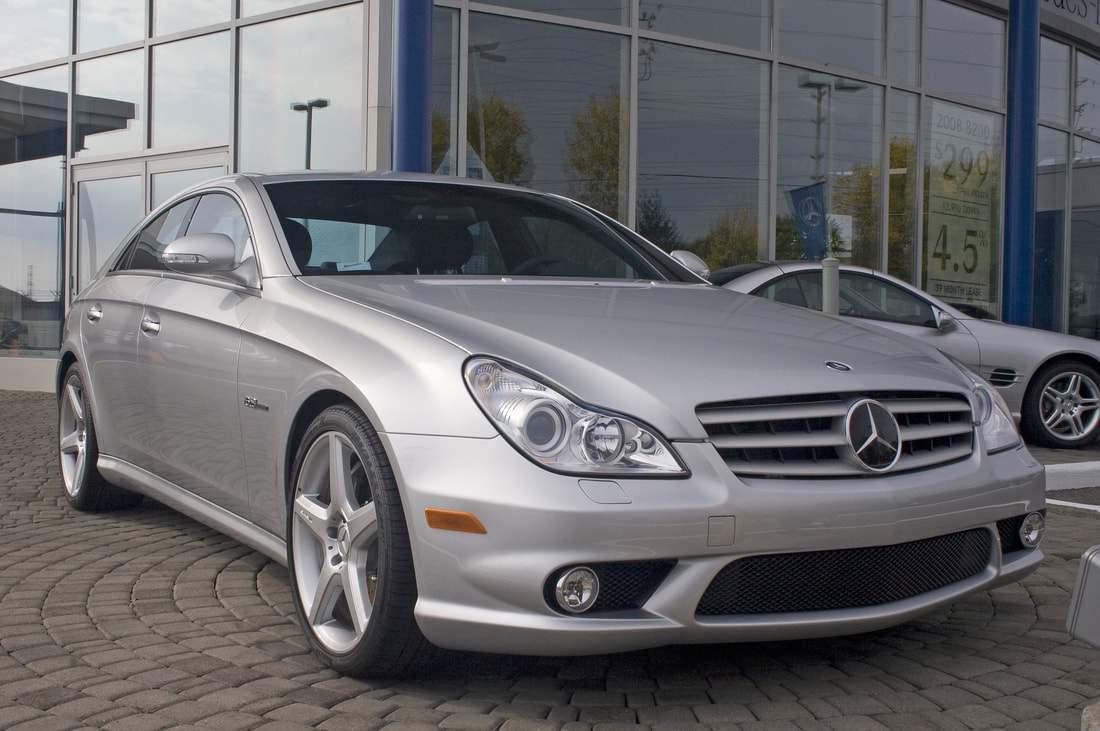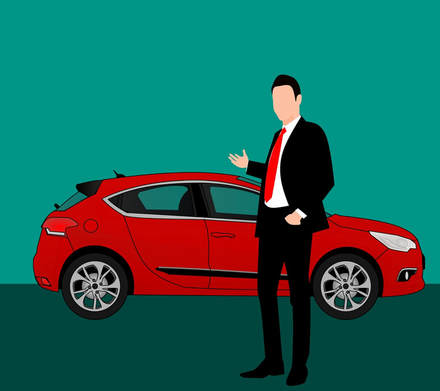To entice buyers, dealerships often lowered the MSRP, or manufacturer’s suggested retail price, by a couple of thousand dollars, maybe more. This gave the impression that the buyer is getting a real deal. But many dealerships now have jettisoned that practice and are selling vehicles at thousands of dollars over MSRP. Why? Because inventory is lower, and once a vehicle is sold, the wait for another one to take its place on the lot can take months.
While manufacturers aren’t happy with these dealerships’ choices, according to a recent NPR article, there’s little they can do about it as most dealerships are independent franchises and can set the prices they want to set.
Michelle Krebs is an automotive researcher who serves at the executive analyst of Cox Automotive, and she told NPR that this was the first time in her career that she’s seen most dealerships charging at list price or over. That has to do with high demand and low inventory, but also because they can. And sometimes, it’s not just a few thousands of dollars over MSRP. It can be tens of thousands of dollars.
Some manufacturers have even urged dealerships to lower the markups or risk not receiving some of their most desired vehicles. But that hasn’t stopped the markups, and it looks like there won’t be a break anytime soon. So Krebs suggests that anyone looking to buy a new vehicle be willing to practice patience and to go outside their comfort zone, which may mean shopping farther away to get a better deal.
The author of the NPR article found his next truck over 400 miles away from his home but still ended up paying $2,000 over the list price. So, while shopping farther away can lower the price of your next vehicle, for the most part, you can expect higher prices at car dealerships for the foreseeable future.





 RSS Feed
RSS Feed